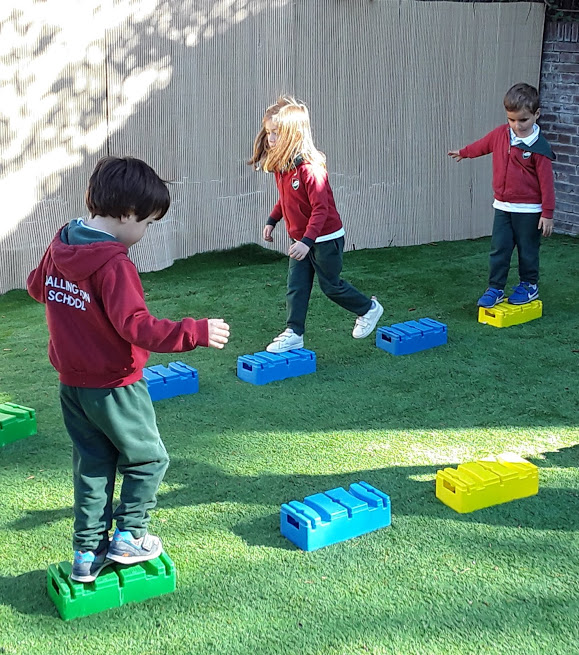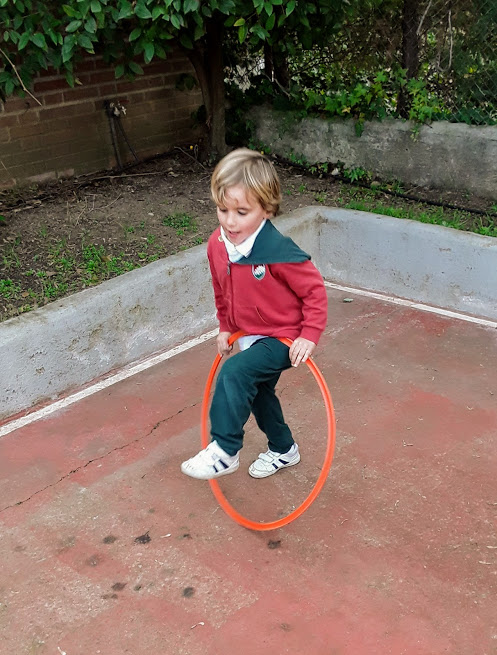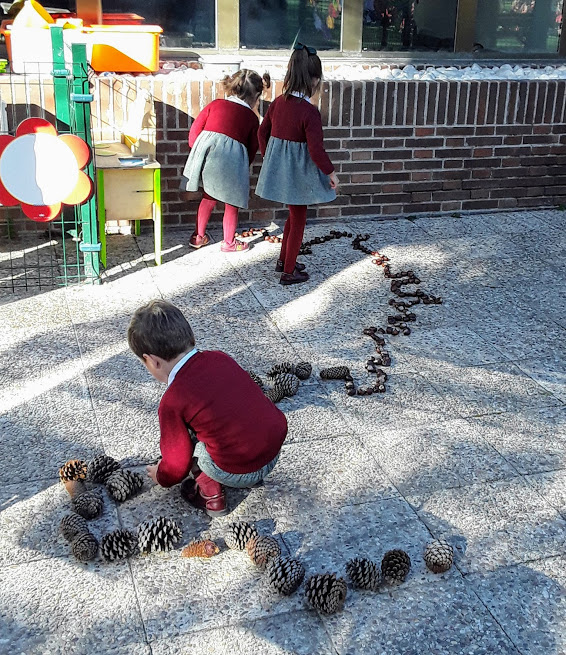For many years the UK EYFS curriculum has promoted the use of outdoor areas as an integral learning space for the under five year olds. Many Early Years settings and schools in the UK and across Europe are using the outdoors as an extension of the classroom and as a distinct learning space with specific and unique opportunities. A wealth of research demonstrates the positive impact it has on the cognitive, physical, social, emotional and creative development of young children.
Past generations of children benefited from extended amounts of time outdoors, and as adults they look back fondly at these early experiences.
The developmental needs of children have not changed, however many pressures in modern society mean children have much less time outdoors than previous generations. These pressures such as a centralised national curriculum, both parents working more and people using cars more for local travel or travel to school are reasons for the decline in children being outside. Other cultural shifts, such as more tv or electronic handset used by children for entertainment, have decreased the time children have outdoors. Helen Tovey, amongst others, expands on these themes in “Playing Outdoors” 2007, Open University Press.
Why is outdoor learning important?
Having easy access to an outside space, in all weathers and seasons, allows children to make their own choices. This also helps them to understand the natural changes that occur with the seasons.

Well planned and resourced, outdoor learning spaces and activities have been shown to:
- Support the development of healthy and active lifestyles;
- offer children opportunities for more physical activity, freedom and movement;

- promote an improved sense of confidence and well-being;
- provide opportunities for developing harmonious relationships with others, through negotiation, taking turns and cooperation;
- support those children who learn best through activity or movement;
- provide new challenges, engage in risk and develop the skills to manage difficult situations;

- support developing creativity and problem-solving skills ;
- give children contact with the natural world and offer them unique experiences, such as direct contact with the weather and seasons.
At Dallington School, in Parque Conde de Orgaz, which is a tranquil and green area in Madrid, and having a beautiful and spacious garden to play and learn, we integrate the outdoor spaces into the daily life for all the children. The ease of access to the outside areas allow our children to learn healthy and joyfully, and the teachers to facilitate a range of materials, spaces and experiences, providing a breadth of opportunity, therefore enhancing every child´s learning journey.



